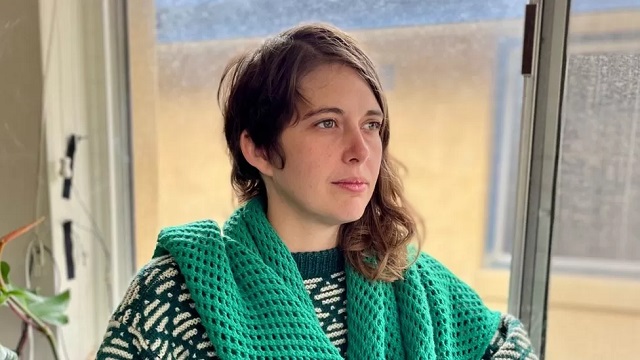
For 28 minutes in April, Deanna “Violet” Coco blocked a single lane of rush hour traffic on the Sydney Harbour Bridge, calling for greater action on climate change.
Those 28 minutes would cost her a 15-month jail sentence.
Last week – in a move that has drawn international criticism – an Australian judge sent Coco to prison after she pleaded guilty to breaching traffic laws, lighting a flare and disobeying police orders to move on.
The climate activist had made an “entire city suffer” with her “selfish emotional actions”, Magistrate Allison Hawkins said. “You do damage to your cause when you do childish stunts like this.”
Coco will be eligible for parole in eight months, but her lawyer plans to challenge the sentence, which he says is “extraordinarily harsh” and “baseless”.
“There are five lanes on that bridge. She blocked one, and not for very long,” Mark Davis told the BBC. Her co-accused avoided jail, he pointed out.
“This is almost without precedent.”
Which ‘way of life’?
The outcome of the case quickly sparked uproar. Small protests were held across Australia, and the sentence was condemned by human rights groups and some politicians.
Human Rights Watch researcher Sophie McNeill said the case sends a terrible message to the globe.
“We’re always calling on these authoritarian governments to treat peaceful protesters respectfully and to not jail them… [but] a country like Australia – who should be leading on human rights in the region, as a democracy – is also jailing peaceful activists,” she said.
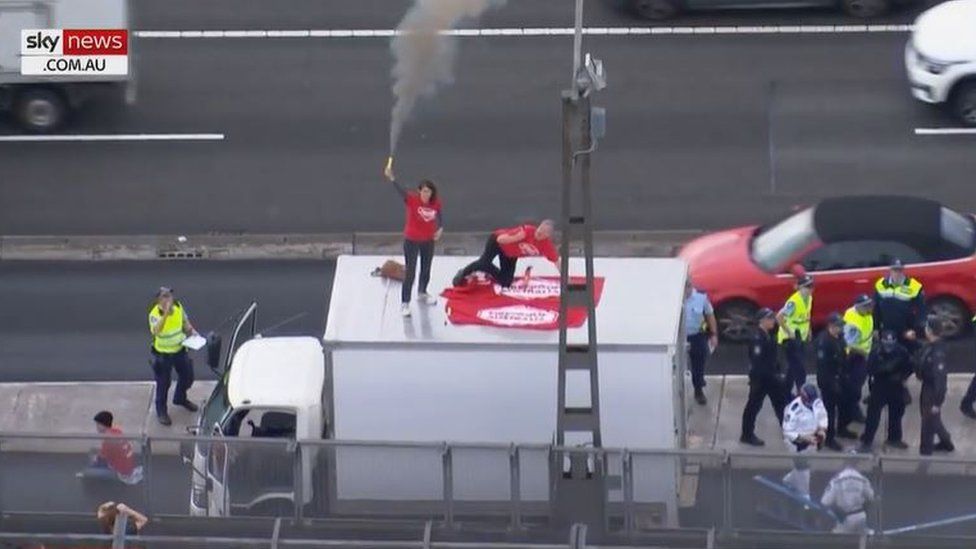
The UN’s special rapporteur on peaceful assembly Clément Voule said he was “alarmed” by Coco’s sentence.
“Peaceful protesters should never be criminalised or imprisoned,” he said.
Others disagree. There’s been much debate in Australia about whether activists – peaceful or otherwise – should have the right to disrupt businesses or the lives of ordinary people.
The New South Wales (NSW) state government has said it is “on the side of climate change action” but could not allow “a handful of anarchist protesters” to “bring this city to a halt”.
Premier Dominic Perrottet lauded the decision to jail Coco, saying this week: “If protesters want to put our way of life at risk, then they should have the book thrown at them.”
A political opponent, David Shoebridge, countered: “Wait till the premier hears about how badly climate change will put our way of life at risk.”
But Coco’s own uncle Alister Henskens – a minister in the state government – also welcomed the decision, saying “nobody is above the law”. And social media was filled with similar comments on both sides.
In a video posted online, Coco said she didn’t want to be protesting like this, but the climate emergency required “getting in people’s way”.
“Obviously, it’s not comfortable and it’s not fun, but I recognise that it is necessary because lives are at stake,” she said.
Trend of tightening laws
But some argue the real issue with Coco’s case is that it underscores a broader crackdown on protests nationwide.
She is among the first to be sentenced under new state laws which introduced harsher penalties for protests on critical infrastructure – like roads, rail lines, tunnels and bridges.
Earlier this year, Victoria and Tasmania also introduced laws increasing jail sentences and fines for some kinds of obstructive protests.
The pandemic era has seen many flashpoints of controversy. Hundreds of people were arrested – some for violent offences – while protesting against Australia’s strict lockdown rules.
In another instance, two women who organised a peaceful Black Lives Matter march in Melbourne were also taken to court for breaching public health rules.
Such crackdowns will challenge some Australians’ faith in the country’s liberal democratic protections, says politics and law researcher Ron Levy.
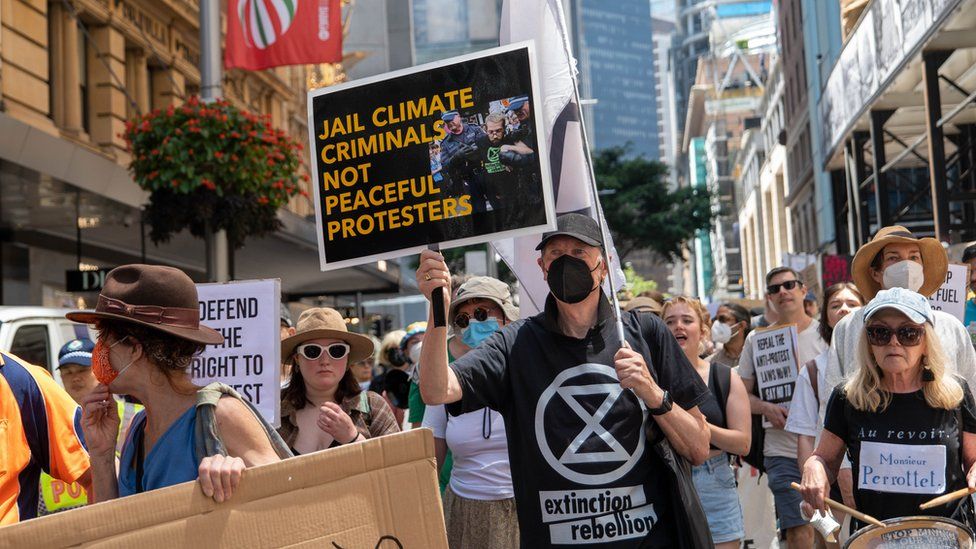
But Australia is a “utilitarian” society that tends to elevate the “public good” above individual rights, he says. That means laws like these often have popular support.
“It may be that the more there are physical consequences to your speech, the less robustly we’re going to protect it,” Dr Levy tells the BBC.
But Ms McNeill says the issue isn’t that law breakers can’t be punished, it’s how disproportionate the punishments are.
“People who are charged with drunk driving, assault or drug offences… receive no custodial sentences – fines or just suspended sentences – but then you see a peaceful climate activist like Violet Coco given 15 months,” she says.
‘Chilling effect’
Ms McNeill is among those who believe the laws are “politically motivated” and specifically aimed at intimidating climate activists.
Regardless of their target, there is general agreement they may have a chilling effect on protests more broadly.
Dr Levy says that could see the courts intervene to strike down legislation. Two NSW women have already launched a bid for the High Court of Australia to do just that.
It has happened before. Australia’s top court abolished an earlier version of Tasmania’s rules in 2017, finding them unconstitutional.
But higher courts have also upheld what experts say are similar laws. In 2019, two anti-abortion activists lost a challenge to laws banning them from protesting within 150m of abortion clinics.
“The decision tends to be based on how well tailored the law is – is it too vague, does it go too far?” Dr Levy says.
The use of significant jail terms will be a key issue, he says.
“As a former criminal prosecutor myself, I can tell you that prison time is relatively rare and it should be used in limited circumstances. This does seem rather extreme.”
Mr Davis said the “real slap” is that his client was denied bail before her appeal – something that is unusual for a non-violent offender.
“You’ve normally got to be a pretty monstrous person to be denied.”
He will challenge the bail decision next week, but in the meantime he says Coco is “stuck in a cell”.
“It’s a bitter outcome.”
Source: bbc.co.uk



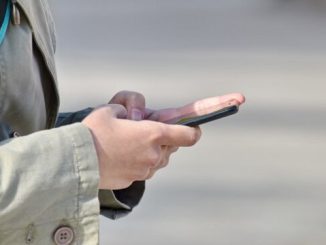
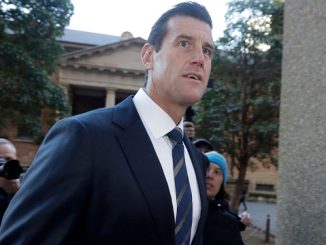

Be the first to comment